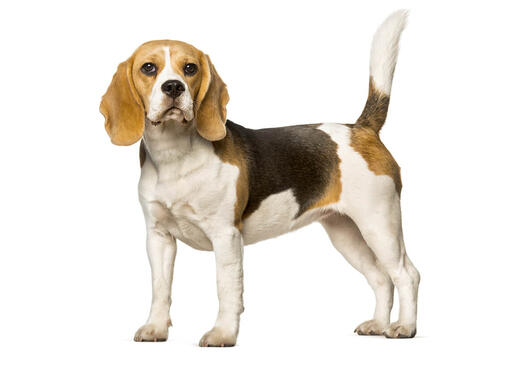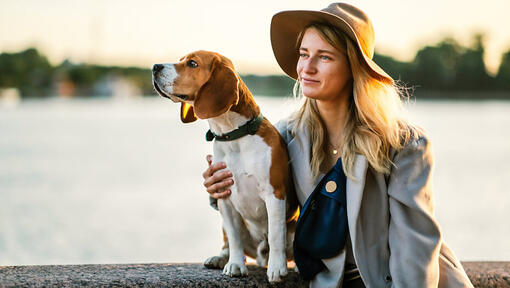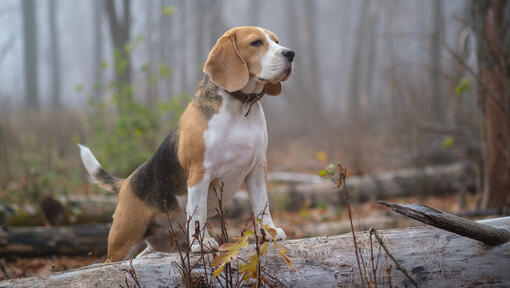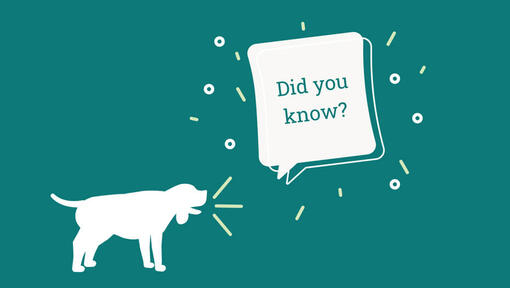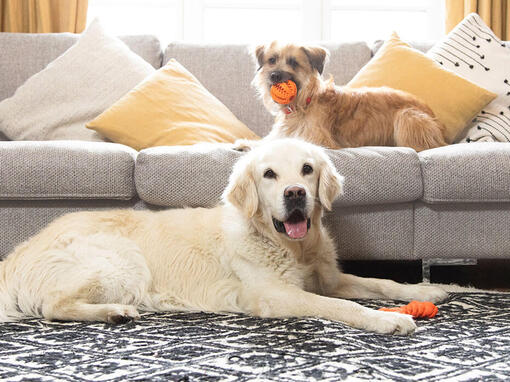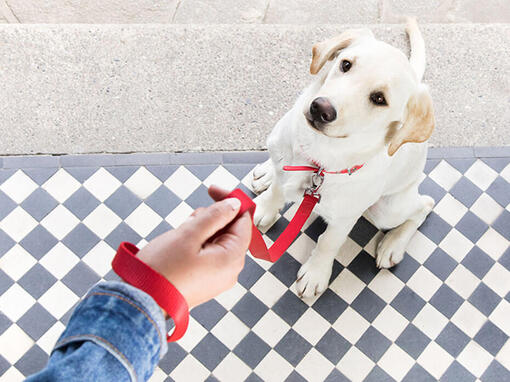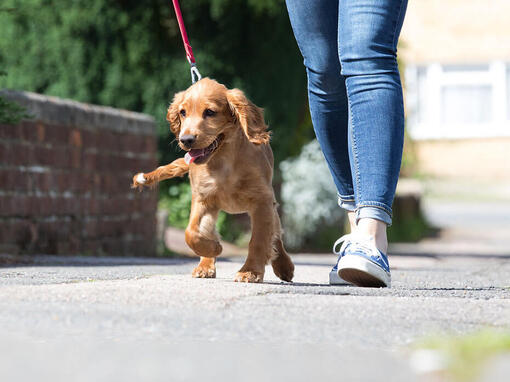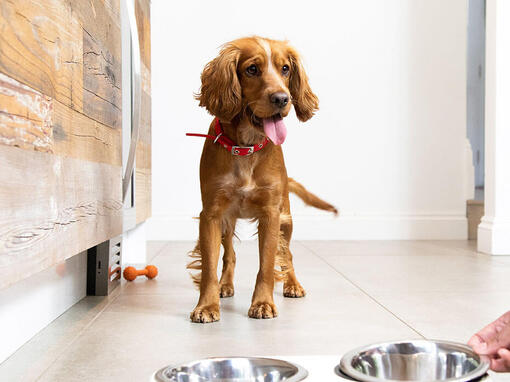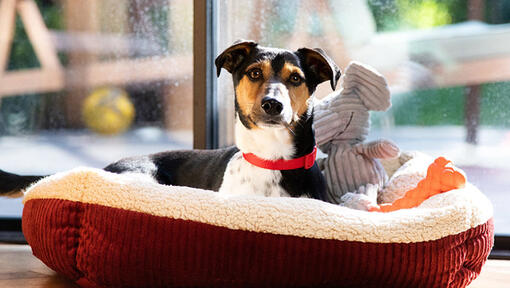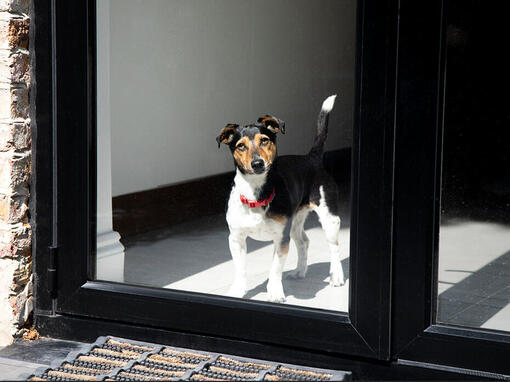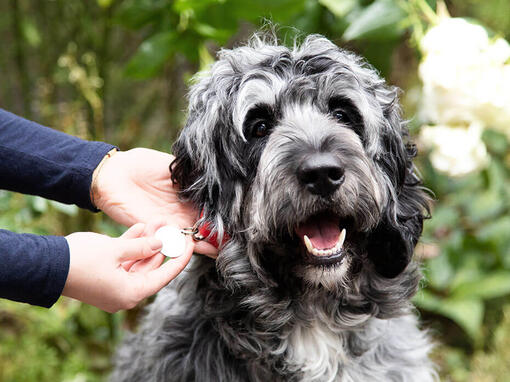History and Origins
Around the mid-16th century, hounds began to be classified according to their purpose, i.e. sight hounds, scent hounds, etc. Around this time a small hound, bred to kill rabbit and hare, was assigned the name 'Begles', a French term meaning 'gape throat.' This referred to the animals' tendency to 'tongue', i.e. bay as a pack. The anglicised version where these dogs have their origins of course, is 'Beagle'. The breed owes its ancestry to the Foxhound, the Harrier and a small bloodhound known as a 'Kerry Beagle.'
